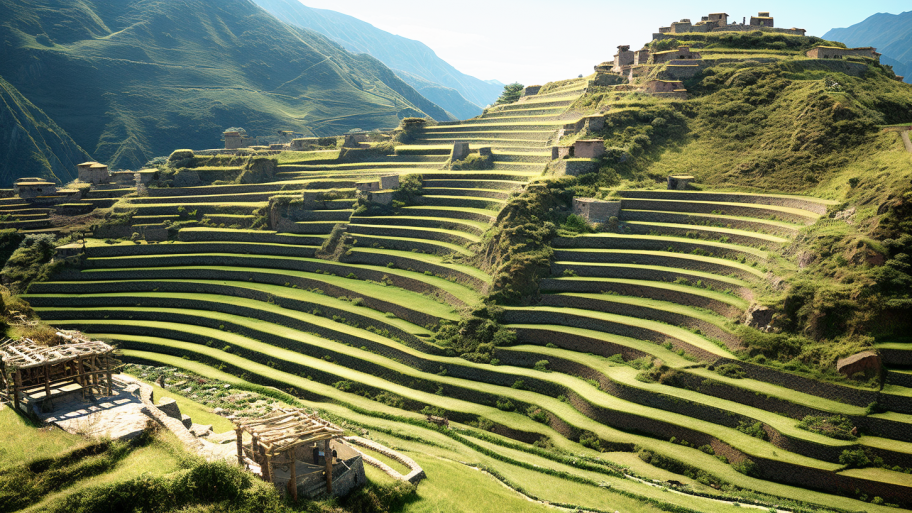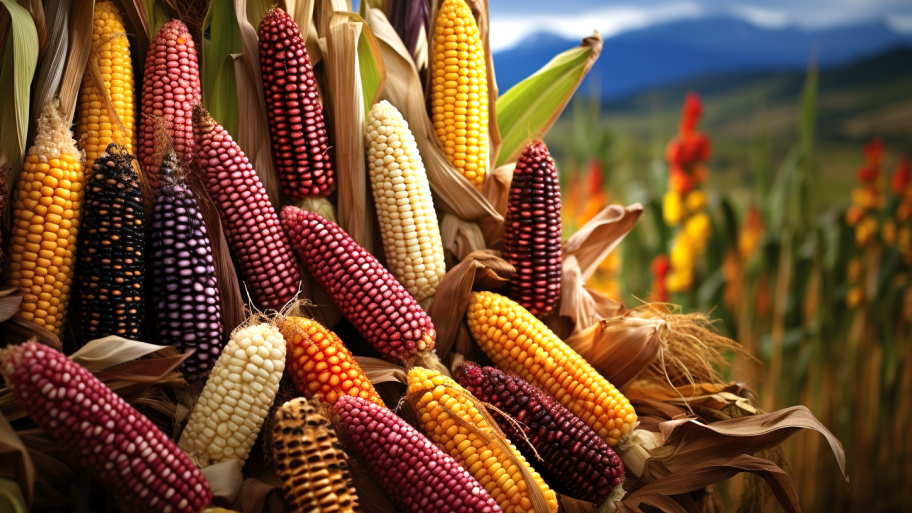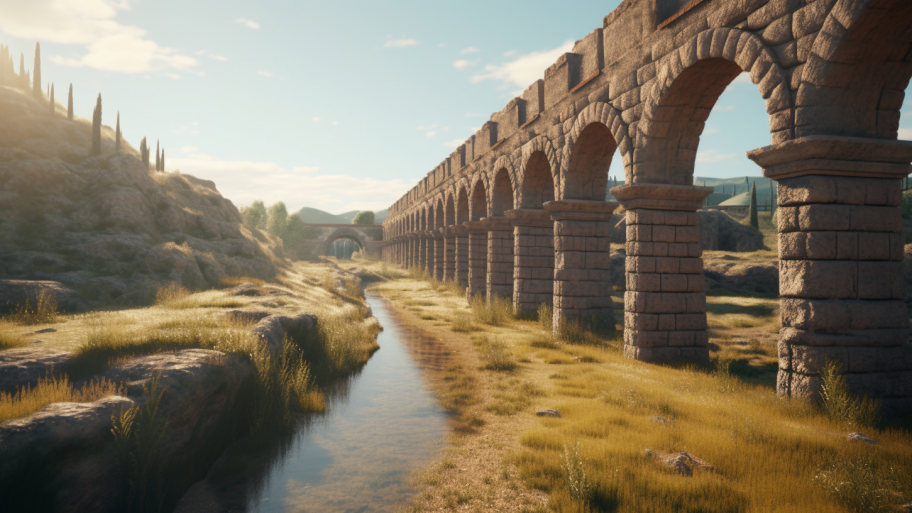The Inca civilization, which spanned across a vast region of South America from the 13th to the 16th centuries, was renowned for its agricultural prowess. Despite facing numerous challenges, including diverse climates and difficult terrains, the Incas managed to develop highly sophisticated agricultural techniques that allowed them to grow a wide range of crops. These innovative practices not only helped…





